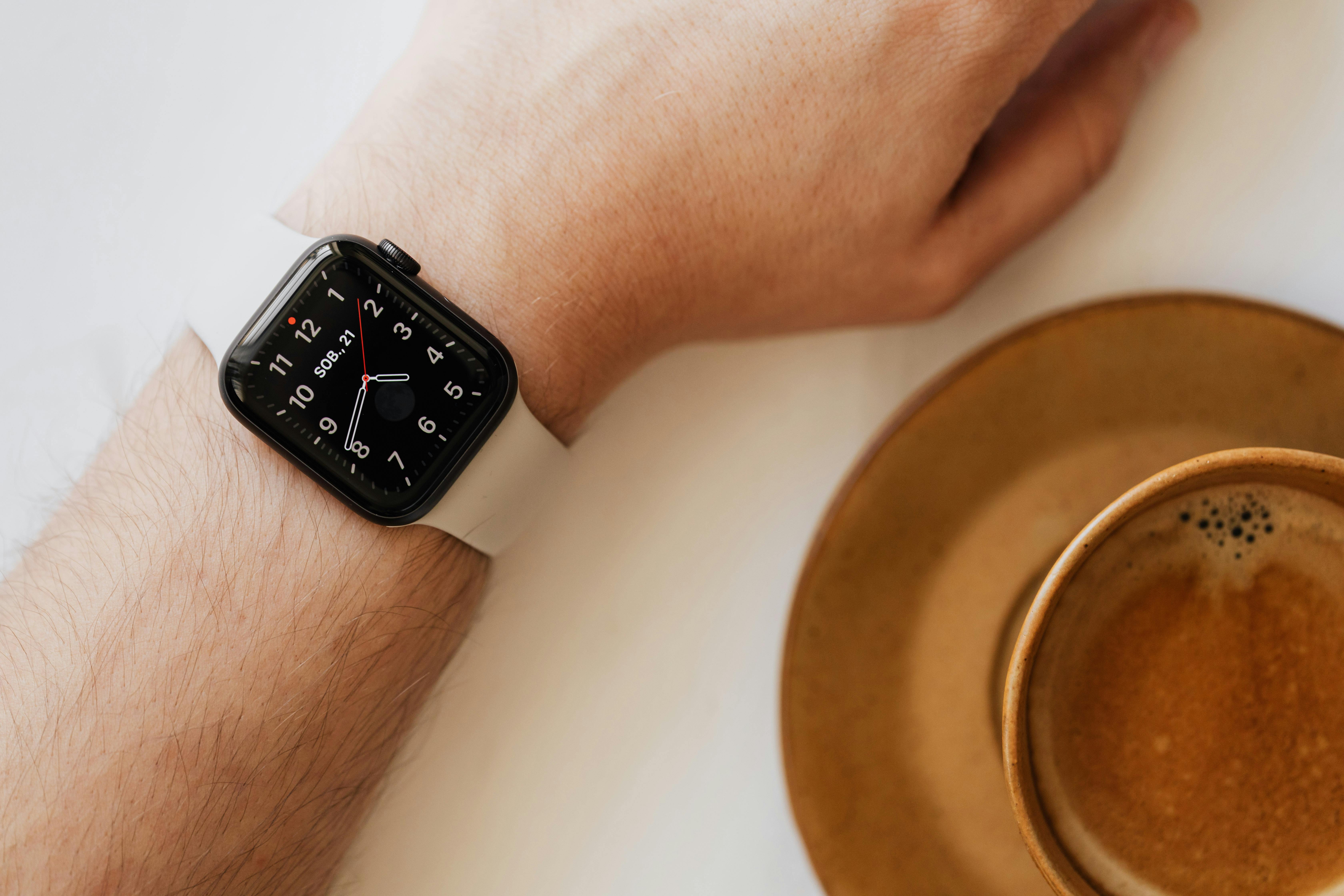Today, the Indians are a force to be reckoned with. They have made their presence felt in all fields. When we talk about the Indian press during media training, we see that Indian reporters have significant influence, especially in the business media.
A large number of business reporters with Indian roots are prominent internationally. Consider CNN Senior International Correspondent Satinder Bindra, based in New Delhi. He is responsible for the Network’s coverage of India and the South Asian region; Tunku Varadarajan is currently an editorial features editor at The Wall Street Journal. He is a former chief television and media critic for the newspaper and a columnist for OpinionJournal.com, a sister site of the WSJ. And many more.
So what makes the Indian reporter tick? How can we strike a chord with Indian reporters? These are skills that should be practiced in media training.
Tips for dealing with Indian reporters
- Honesty really is the best policy in this context. Be direct and factual. Indian reporters are very professional, aggressive and know how to find the underlying cause of a problem.
- Getting an Indian reporter to trust you can be a tough job. Confidence, authenticity and being realistic work much better than false pretenses with the Indian media. Never make up an answer! They will check your claims.
- It is fine to address the Indian reporter by his first name. There is no need to be overly formal.
- There is no such thing as telling a reporter something off the record. (If you’re not already up to speed on this, we’ll instill it in you during media training.) Indian reporters are no different. Don’t say anything you wouldn’t like to see in print or on TV! For a typical Indian, the preferred source of information is television, newspapers, radio, and news magazines, in that order.
- Treat the Indian media with respect and kindness.
Indian journalists reflect a tough work ethic; they are comfortable with the English language and fit comfortably into Western culture. They don’t hesitate to go the extra mile to get your information. With their theoretical thinking and analytical mind, the Indians have a global presence. They are traditionally patient, good listeners and keen.
The Indian Press has a reputation of being among the best in the world, which is evident from the professionalism exhibited by Indian journalists. The people of India are media savvy and exposed to various forms of media. Investigative reporting has become quite prominent in India.
One such example is the sensational and controversial issue “Tehelka,” in which investigative journalist Aniruddha Bahal and his partner Mathew Samuel spent seven months posing as arms dealers and exposed senior Indian officials and army officers by taking fragments.
In an operation unparalleled in Indian journalism, Bahal paid bribes of more than $21,000 to India’s top ruling politicians and top military officers to lobby for non-existent weapons, secretly recording every transaction. This is probably why journalists play such an important role in influencing public opinion on vital issues: they believe that public opinion and interest are more important.




